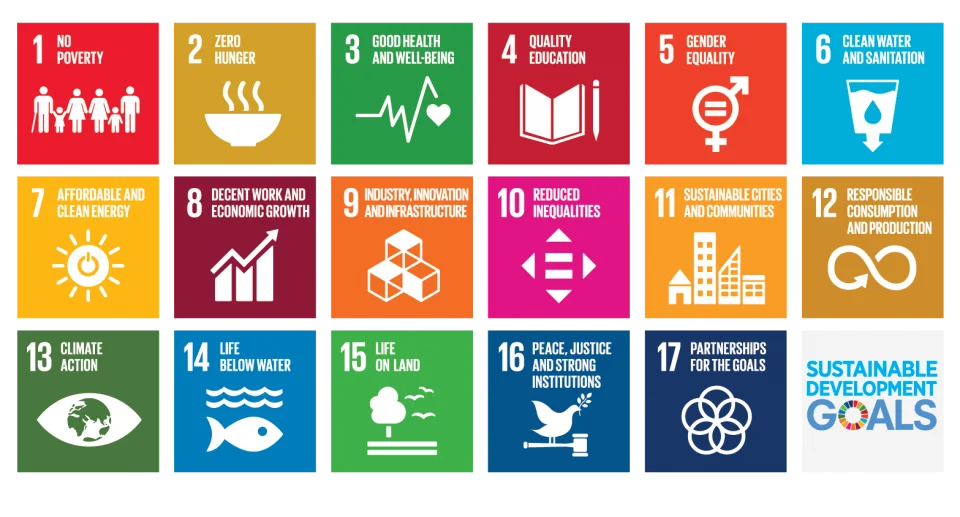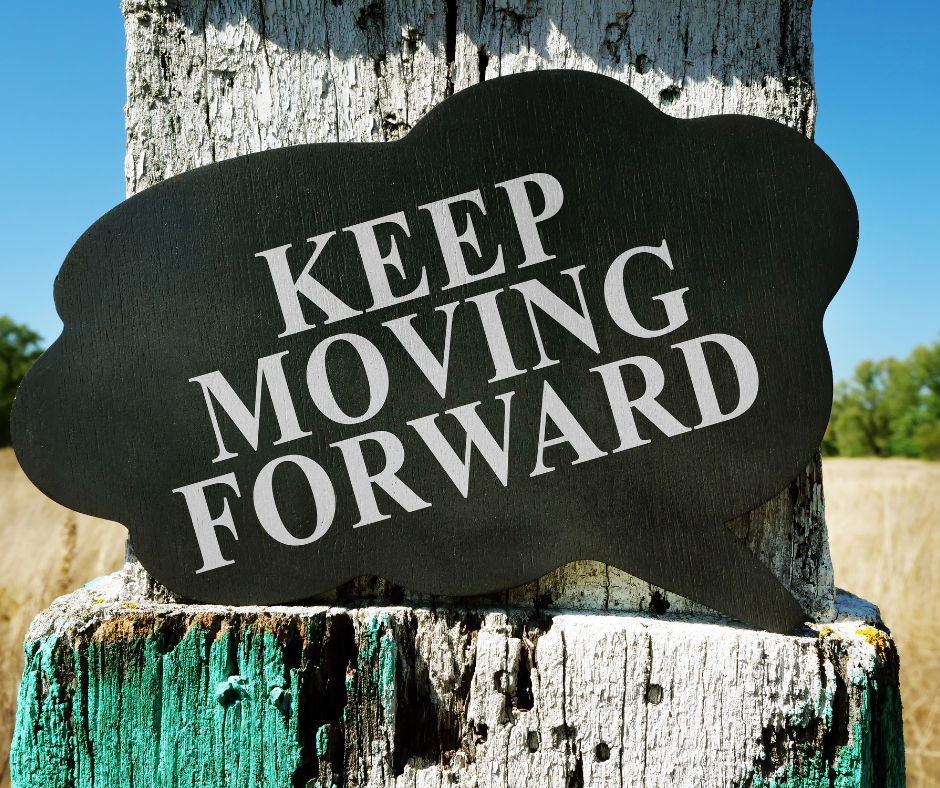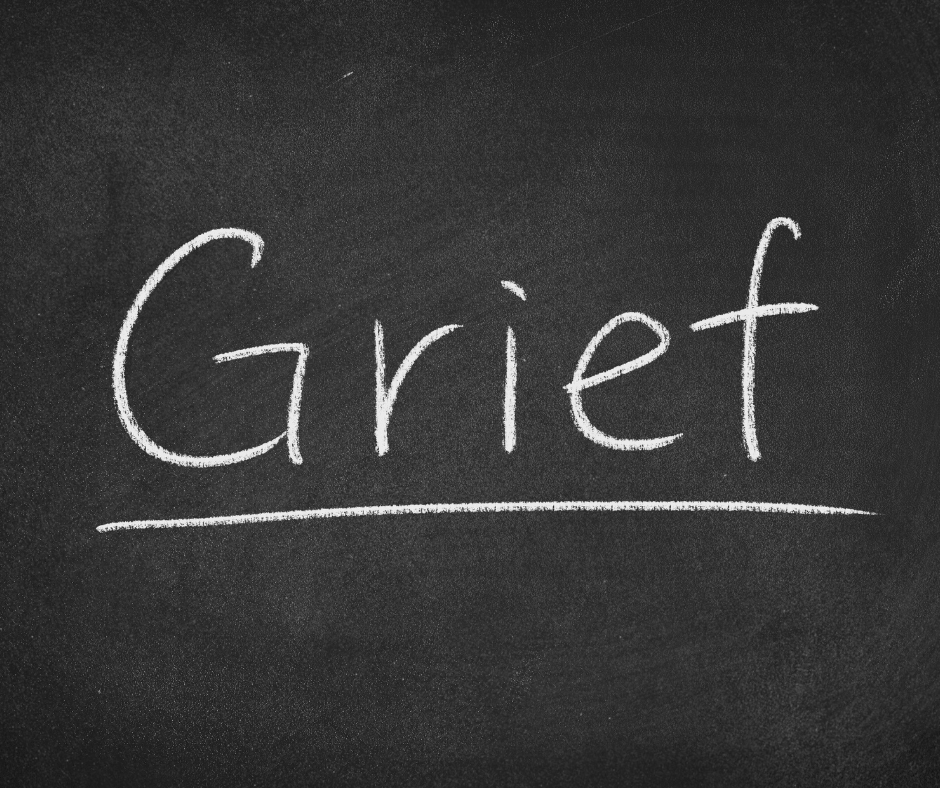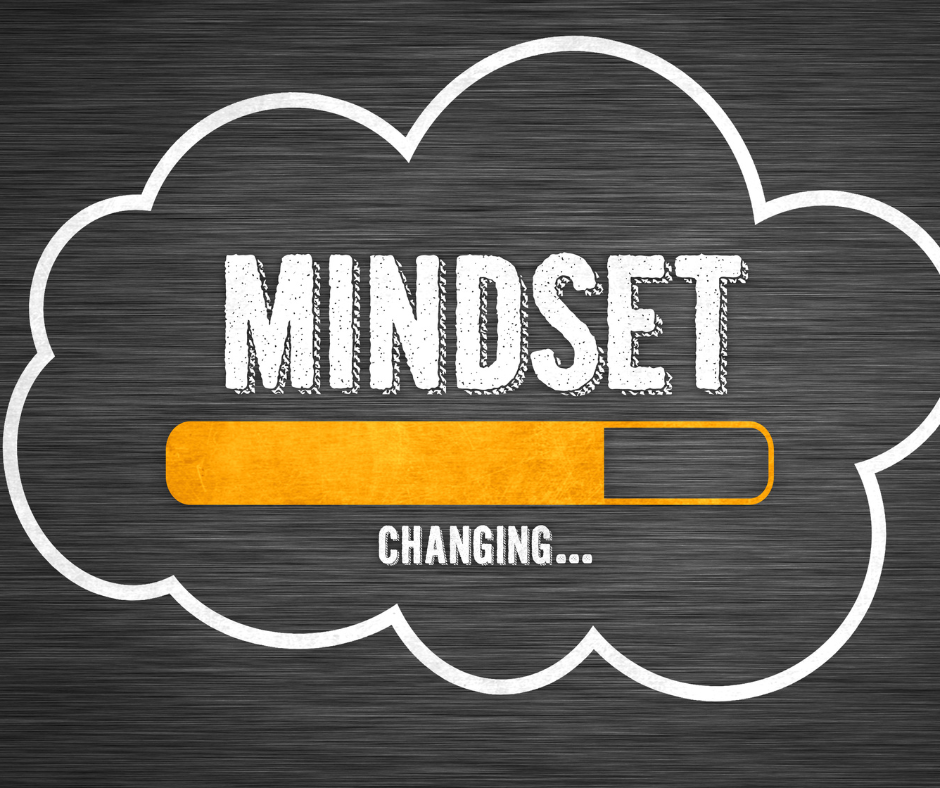When your world falls apart, the last thing on your mind is managing money. The grief is loud. The silence at home is louder. And amid it all, the quiet whispers of bills, expenses, and bank statements start to grow into a roar you can no longer ignore.
But here’s a truth too often overlooked: Minding your money isn’t just about numbers—it’s an act of survival, strength, and self-care. Especially for widow women, this step is not just financial; it is deeply emotional and profoundly empowering.
The Emotional Weight of Financial Independence
Losing a spouse is a trauma no heart truly prepares for. Along with emotional devastation comes a tidal wave of responsibilities. Suddenly, you’re no longer just grieving — you’re budgeting, planning, and navigating unfamiliar financial terrain alone.
You may have relied on your partner to manage the money. Now, that role has shifted — and it’s terrifying.
But here’s what no one tells you loudly enough:
Taking control of your finances isn’t just necessary. It’s healing.
When you pay attention to where your money goes, you begin reclaiming control. When you set financial goals — no matter how small — you begin to find purpose. And when you start saving and investing in your future, you’re not just planning; you’re choosing to live.
Self-Care Isn’t Just Spa Days — It’s Smart Spending and Secure Futures
It’s time we redefine self-care. Yes, rest is vital. Therapy is essential. But so is having a budget. So is knowing where your income comes from — and where it goes. So is feeling secure enough to breathe.
Financial literacy and empowerment should never be optional for any woman, and especially not for widow women, who may feel blindsided by the responsibilities left behind.
Don’t fall into the trap of avoidance. Bills will come. Emergencies will arise. Unexpected costs can shake the ground beneath your feet. The only shield you can build is knowledge. And knowledge is power.
You Deserve Financial Dignity, Not Dependency
Widowhood can feel like being dropped into a battlefield without armor. But with the right tools — a financial plan, emergency fund, insurance, estate clarity, and support systems — you don’t just survive; you rebuild.
You do not need to be wealthy to be financially wise. You just need to start.
Ask the hard questions:
-
Where is my money going?
-
What does my financial future look like in 1 year? 5 years?
-
What do I need to feel secure — and how can I get there?
-
Who can guide me through this with empathy and expertise?
Because your peace of mind is worth more than the discomfort of asking these questions.
Urgency: Don’t Wait for “Later”
“Later” is a dangerous lie. Later becomes never. Later can leave you vulnerable.
If you are a widow woman reading this, this is your call to action.
Not tomorrow. Not next month. Now.
-
Create a basic budget — today.
-
Schedule a financial check-in with a trusted advisor — this week.
-
Review your insurance and retirement plans — this month.
-
Educate yourself — even if it’s 10 minutes a day.
It’s okay to start small. But you must start.
Final Words: This Is Not Just About Money. It’s About You.
Minding your money is not selfish. It’s not cold. It’s not about greed.
It is about loving yourself enough to build a future you can stand on.
It’s about honoring your strength.
It’s about rising from what tried to break you — with clarity, confidence, and dignity.
You are not alone. You are not powerless.
And your financial story is far from over.







